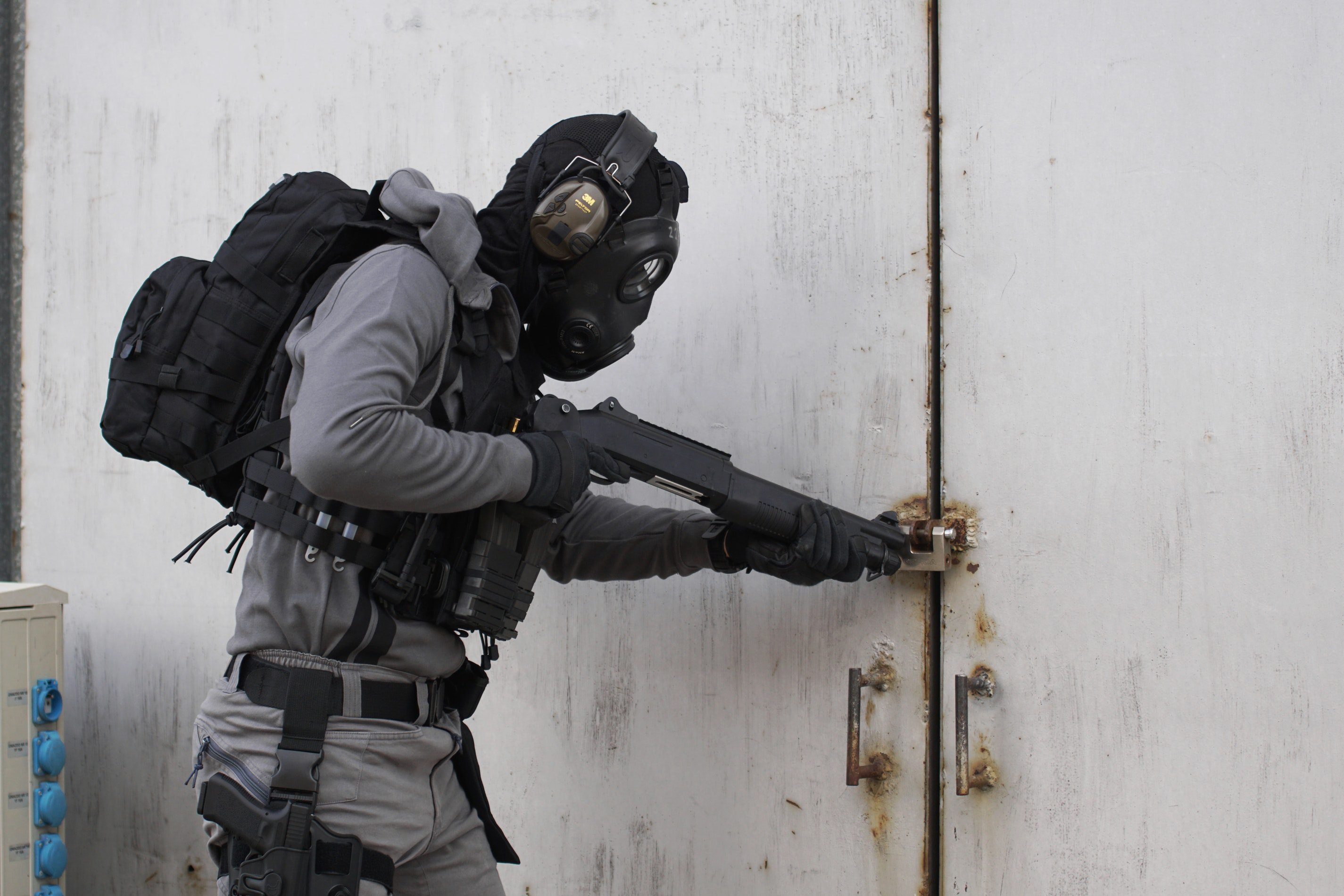Last week’s terror attack on two mosques in Christchurch, New Zealand is a horrific incident that should never have happened. The call for better gun ownership legislation, the quick judicial proceedings and the sense of national concern expressed by New Zealanders are three things Nigerians can learn from when dealing with similar issues of national security.
New Zealanders stood strong. The shooting could not divide thier country; Christians and Muslims realized that terrorism has no religion. If a similar incident were to happen in Nigeria—which we’ve had multiple times and handled poorly, it will almost certainly be followed by dangerous rhetorics and actions that will fuel deep ethnic and religious tensions.
World Watch Monitor explains the history of the Fulani herdsmen-farmers conflict and why, in recent years, the herders, who once lived peacefully alongside their Christian neighbors, have been responsible for more bloodshed than Boko Haram.
-
Terrorism and Crime have no Ethnicity
A terrorist is a criminal; whether Boko Haram or a killer white supremacist. They’re all criminals and must be squarely condemned. Nigeria, just like New Zealand, must retain a standard of squarely condemning anyone that perpetuates an evil of such gravity witnessed last week. And not ignorantly identify such criminals with a tribe or religion.
[perfectpullquote align=”right” bordertop=”false” cite=”” link=”” color=”” class=”” size=””]Rather than take to social media to express anger after a tragedy, Nigerians should engage their representatives in relevant discussions to prevent future occurrence.[/perfectpullquote]
Identifying a terrorist with a particular religion or ethnicity is not only condemning the whole community for the guilt of a few or an individual, but it also gives criminals a sense of accomplishment. For instance, calling all Hausa/Fulani criminals because of the massacre perpetrated by a group of that ethnicity will be unfair to all Hausa/Fulanis that have nothing to do with such crime.
Nigerians and the foreign media, for instance, are found of giving Boko Haram extremists this kind of identity by calling them Islamists or Muslims as if the religion or its followers ever endorsed their barbaric activities. No one called the Christchurch shooter a Christian or an Australian-shooter even though he was Christian and Australian.
The war against terror will not be won if we continue to stamp guilt at the wrong community or point fingers where they don’t belong.
Ignorance and insensitivity by Nigerian leaders should not be accepted either. They should learn from how the New Zealand government unanimously condemned the attack and how people disassociated themselves from Australian senator, Fraser Anning, after his ignorant post on Twitter. He blamed the migration of Muslims to New Zealand for the incident rather than the shooter’s far-right views. No one was ready to let him go away with it—certainly not the Eggboy.
-
The Judicial System must always Transcend Ethnicity and Religion
Almost immediately after the second shooting, the shooter and two other individuals were apprehended. Court arraignment and proceedings weren’t delayed at all. If it were in Nigeria, it may take weeks if not months to get an arraignment, not to mention conviction, or sentencing.
There are numerous terror suspects currently in federal prisons that haven’t had their day in court. We cannot even tell if they are terrorists or not anymore, and gradually, families of the victims are denied justice. If the courts were eventually able to arrive at sentencing, the cases would have already become too light.
Although justice should be swift, it has to be equally based on evidence.
The strength of any law enforcement system is its capacity to apprehend criminals and arrive at convictions. Not by allowing the politics of ethnicity and religion to corrupt its processes.
-
The Public must always demand Solutions from Elected Representatives
Rather than take to social media to express anger after a tragedy, Nigerians should engage their representatives in relevant discussions to prevent future occurrence of any avoidable tragedy. The New Zealand public followed their condemnation of the attack with an immediate call for a review of gun laws and the government promised to act within ten days. It’s an example of how governments should respond to issues of national security.
It was quick and not afraid to initiate a review of a constitutionally backed right—though it’s important that individuals should be free to protect themselves. The Nigerian government must also be quick in responding to the underlying causes of any major terror incident. Especially the recent Boko Haram attacks and the herdsmen versus farmers issues in the country’s middle-belt states.
In the case of Boko Haram, addressing arms proliferation and border security can be the bases of such discussions. For the herdsmen issue, engaging both the herders and farmers towards defining an agreeable grazing policy or framework will be a good way to start.
New Zealand may still be reeling from this attack but everything about its body language points to a government that knows what it’s doing and a population that refuse to be divided; They have refused the shooter his main goals: to cause fear and enmity. Nigerians should learn how to always do the same.
Gabriel Ogunjobi is a journalist and editorial intern at African Liberty. He is passionate about governance and human rights. He can be reached on Twitter via @GabrielOgunjob2.

